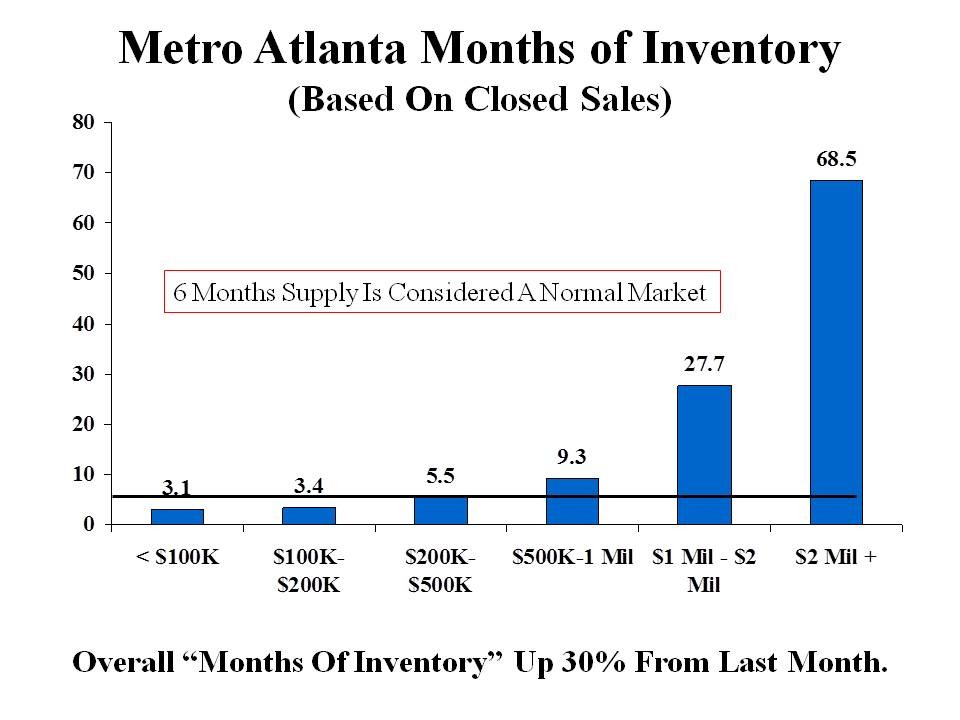Before you buy a house in the shifty metropolitan Atlanta real estate market
Post on: 16 Март, 2015 No Comment

Before you buy a house in the shifty metropolitan Atlanta real estate market, consider some of the insights that a few of us recently shared on Trulia Voices.
First, let me state – this is the golden age of real estate. Has been for about three years straight. There has not been a better period in recent history that has displayed more pronounced value and affordability, on a macroeconomic scale, than the period that we are in right now.
And before you make a decision to buy a house in the shifty metro ATL real estate market consider the following insights from David Crook at the Wall Street Journal. His article on Friday is the best that I’ve seen recently for summarizing where we are right now as a nation, regarding residential real estate.
David’s article is entitled:
“What You Need to Know Before Buying a House…Yes, the market is looking up. But dont let the euphoria obscure the flashing yellow lights ”
So before you buy a house in the shifty Atlanta market, think through what David Crook cites about the North American market, macro scale.
1. This recovery leaves a lot to be desired.
the best you can say right now is housing has leveled out after a 13-year roller-coaster ride that has seen massive government and Federal Reserve efforts to spur demand. Is that a recovery?
2. The new boom is a rehash of the old one.
Even when there are impressive-looking percentage gains outside of the old boomtowns, theres usually a deeper story at work. Consider this sobering stat: In the battle-scarred city of Detroit, prices in July were up 33% over a year ago. Detroit!
Detroits new median selling price? $13,556.
3. Big businesses are doing a lot of buying.
The companies early investors are pocketing their double-digit gains and are now liquidating their investment positions by selling shares in their companies to the public on the stock market.
4. Investing in housing is nothing like buying a home.

Corporate property investors usually buy with cash. Their acquisition and maintenance expenses are paid by rental income, and theyre taxed on only the difference between their revenue and expenses. There are other real-estate tax advantages, including depreciation, that enhance cash flow but are unavailable to individuals. Losses can be carried over year after year and used to offset profits elsewhere. And real-estate investors have a leg up even on stock investors because they can avoid capital-gains taxes completely if they sell and buy in kind properties
Homeowners, in contrast, usually borrow money, which means that, even at todays ultralow interest rates, the cost of a home over the 30-year life of a mortgage will be 70% or more above the purchase price. On top of that, homeowners must cover their maintenance costs with after-tax income.
5. Interest rates are on the rise.
As interest rates rise to their traditional levels, generally between 5% and 7%, you can expect either prices to stabilize or sales volumes to decline. Ominously, the Mortgage Bankers Association this month noted a decline of more than 70% in refinance-loan applications since rates began rising in May and about a 15% falloff of purchase-loan applications.
That said, mortgage money is still a remarkable bargain. Todays 30-year fixed rates are still far cheaper than in 40 of the past 42 years. Even todays more elevated rates (4.57% as of last week)—more than a percentage point higher than in January—are less than the average rate for all of 2010.
Two years ago, like today, no one believed rates could fall further. Indeed, the warnings were that rates were bound to rise. And then, like today, it was a great time to buy a house.
If you would like some help interpreting this before you make a home purchase in metro Atlanta’s shifty real estate market, please call me.  Ownership of a primary residence still makes economic sense on a grand value scale, versus leasing property in Atlanta.
Looking for vivid market insights and a handy place to research your favorite neighborhoods?














